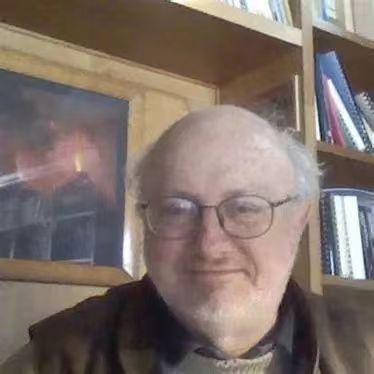
摘要:This lecture will examine the historical and epistemological foundations of theoretical physics, with a particular focus on the contributions of Helmholtz and Planck. Helmholtz's work in 1847 integrated the impossibility of perpetual motion (I.P.M.) with Newtonian mechanics, deriving the Principle of Conservation of Energy (P.C.E.) and distinguishing potential and kinetic energy. He established a hierarchical structure from general assumptions to phenomena, advocating for physical laws consistent with principles beyond empirical observations. Despite initial rejection, Helmholtz's paper laid the groundwork for the Neo-Kantian philosophy and sparked debates on the nature of force, challenging Newton's constraints on the formulation of the Law of Conservation of Energy. Planck's 1887 dissertation, earning him second place at the University of Göttingen, offered a historical and methodological analysis of the principle of energy conservation. He advocated for using contiguous action rather than action at a distance in electromagnetism, foreshadowing ideas expressed later in Einstein's General Theory of Relativity. Planck proposed a causal, non-teleological approach to the interaction of time and space, independent of some contemporary theories like the Poincaré theorem or Hertz's experiments. This narrative extends to Maxwell's recognition in 1873 that Weber's law was compatible with P.C.E., and to Feynman's 1963 demonstration of its mathematical equivalence to Maxwell's equations, emphasizing potential energy over fields. This abstract underscores the progressive nature of theoretical physics rooted in historical epistemology and the evolution of scientific thought.
主讲人介绍:Fabio Bevilacqua, born in Naples in 1948, received a classical education in history, Latin, Ancient Greek, literature, and philosophy. In 1972, he graduated with honors in Electrical Engineering, with his thesis exploring the different interpretations of monopole induction by Lorentz and Einstein. From 1973 to 1974, he was awarded a scholarship from the Domus Galilaeana of Pisa and pursued studies in the history of science and philosophy under Ludovico Geymonat at the Philosophy Department of the University of Milan. In 1975, he secured a five-year research contract with the Department of Theoretical Physics at the University of Pavia (established in 1381) and, in 1978, obtained scholarships from the National Research Council and the Lincean National Academy for a three-year research stint at the University of Cambridge. There, under the guidance of Mary Hesse and Gerd Buchdahl, he earned his Ph.D. in the history and philosophy of science, focusing on the principle of energy conservation in electromagnetism. In 1981, he became a lifelong researcher, rising to the position of Associate Professor in the History of Physics in 1987. In 2001, he became a Professor of the History of Science at the A. Volta Department of Physics (DFAV) at the University of Pavia, also serving as the department head from 2000 to 2003.
